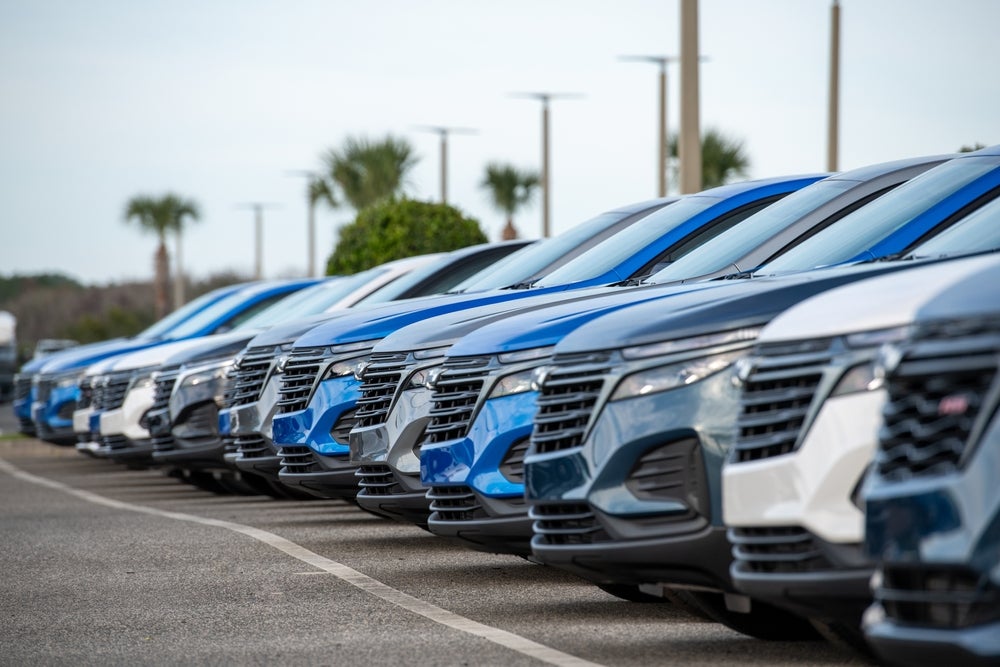Electric vehicles are rapidly becoming a cornerstone of the UK’s journey towards a more sustainable future. As fleet managers work to integrate electric cars into their operations, it’s vital they feel confident in their ability to meet the demands of daily business tasks without compromise.
One common misconception is that electric cars are more difficult to maintain than their fuel counterparts. However, the reality is that they are fully capable of handling the daily requirements of commercial fleets. In fact, many major companies have successfully adopted them. From small, single-vehicle operators to large businesses with nationwide operations, there is a place for electric cars in every fleet – offering both efficiency and sustainability without compromising on performance.
So, what can be done to achieve a smoother electric transition?
Building a resilient charging network
A robust and expansive charging infrastructure is the backbone of the electric car transition. Easy access to charging points, even for those without off-street parking, is a crucial starting point – and we welcome the 2024 permitted development rights consultation that will help remove limitations on the size and location of charging points on homes to help address this.
Advancements such as the implementation of the Public Charge Point Regulations 2023 are set to further strengthen our infrastructure. From this month onwards, all new public charge points of 8kw and above will need to offer contactless payments, and rapid chargers will need to maintain 99% reliability throughout the year. Plus, Charge Point Operators will need to offer 24/7 customer support and make charge point data publicly accessible. This should make a real difference to peoples’ experience of the infrastructure, and we welcome it.
Bridging the EV skills gap
In October, the SMMT reported a significant uptake of EVs. A total of 29,802 battery electric cars were registered in the UK, with electric vehicle deliveries going up by a whopping 24.5% year-on-year. As the number of EVs on the road grows, so does the need for skilled technicians who can maintain and repair them.
Despite the potential for job growth among EV technicians, garages have been apprehensive about offering EV-specific services due to difficult market conditions, high training expenses, and costly tools. And, according to the IMI, there will be a shortfall of 3,000 EV technicians by 2031 – the gap is expected to reach 16,000 by 2035. This dire shortage of skilled EV technicians is causing increased wait times and higher repair costs for consumers. As electric vehicles age, the maintenance for them needs to grow.
In light of this, it’s absolutely imperative that the automotive industry, governments, educators, and garages work together closely to meet rising demand with the skills needed to keep them on the road.
Policy and incentives
To meet the UK’s ambitious net zero targets, the government needs to continue pushing policies that support electric vehicles. This includes setting clear, achievable goals for EV production to further drive industry innovation.
Not only this – incentives remain a key driver for EV adoption. The UK government already offers a range of incentives to reduce the initial cost of electric vehicles for both individuals and businesses. The recent Budget confirmed lower Benefit-in-Kind (BiK) rates for zero-emission vehicles until 2029 which is to be welcomed – that will really help underpin confidence in the salary sacrifice leasing market – one of the key channels democratising access to EVs and encourage more consumers to make the switch to greener transport.
By creating a supportive regulatory environment, the UK can help accelerate the adoption of electric vehicles and drive the transition to a greener, low-emission future.
Electric mobility
Seamless integration across the EV ecosystem is essential for the UK to successfully transition to electric vehicles. This involves not only the production of EVs but also their daily use, maintenance, and the necessary infrastructure to support them.
While challenges exist, the opportunity to reshape transportation for environmental and economic benefit is clear. With the right combination of innovation, policy support, and collaboration across sectors, we hope that this shift to electric mobility will not only meet environmental goals but also position the UK as a leader in the global transition to sustainable transport.
Nick Williams is the Managing Director at Lex Autolease








